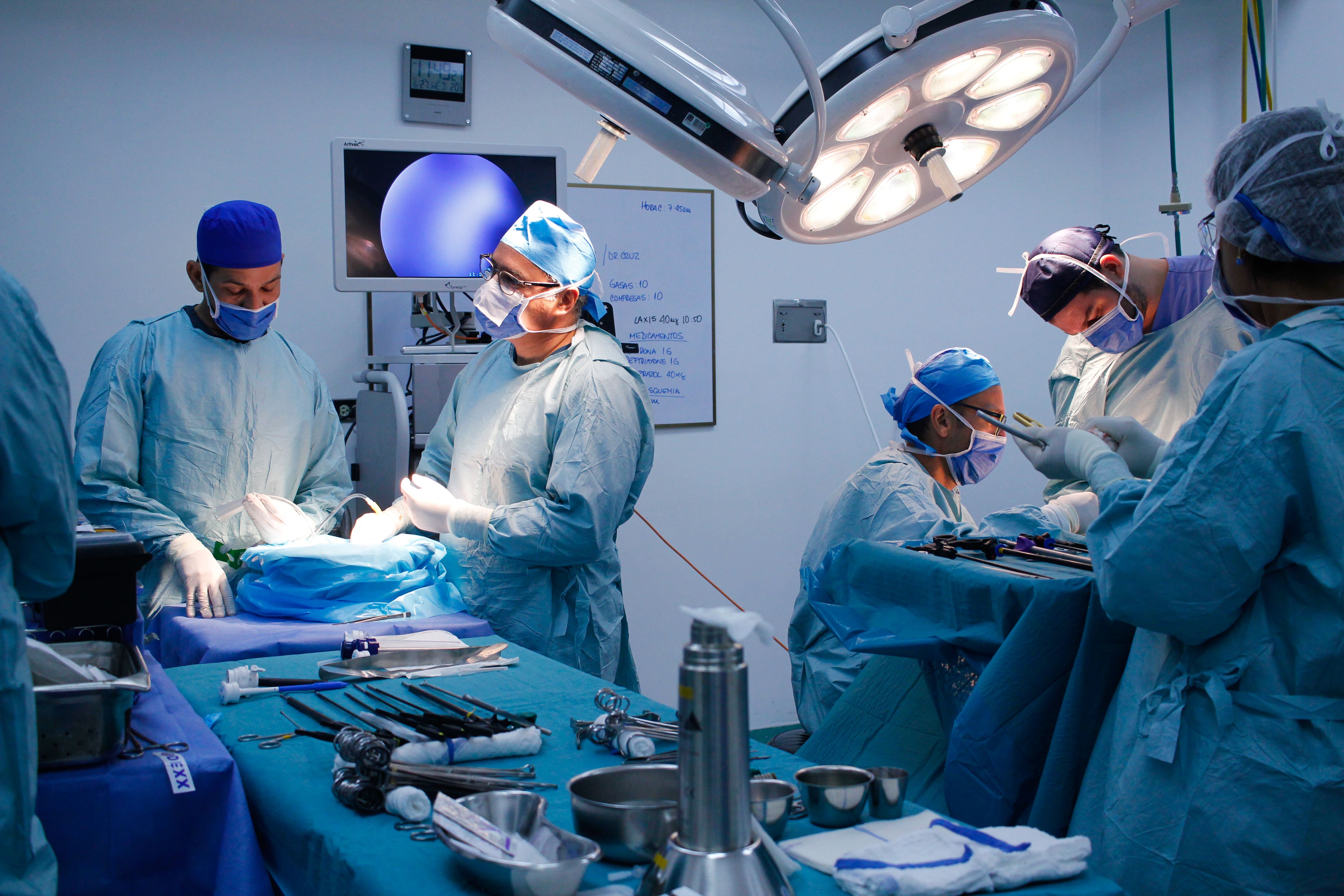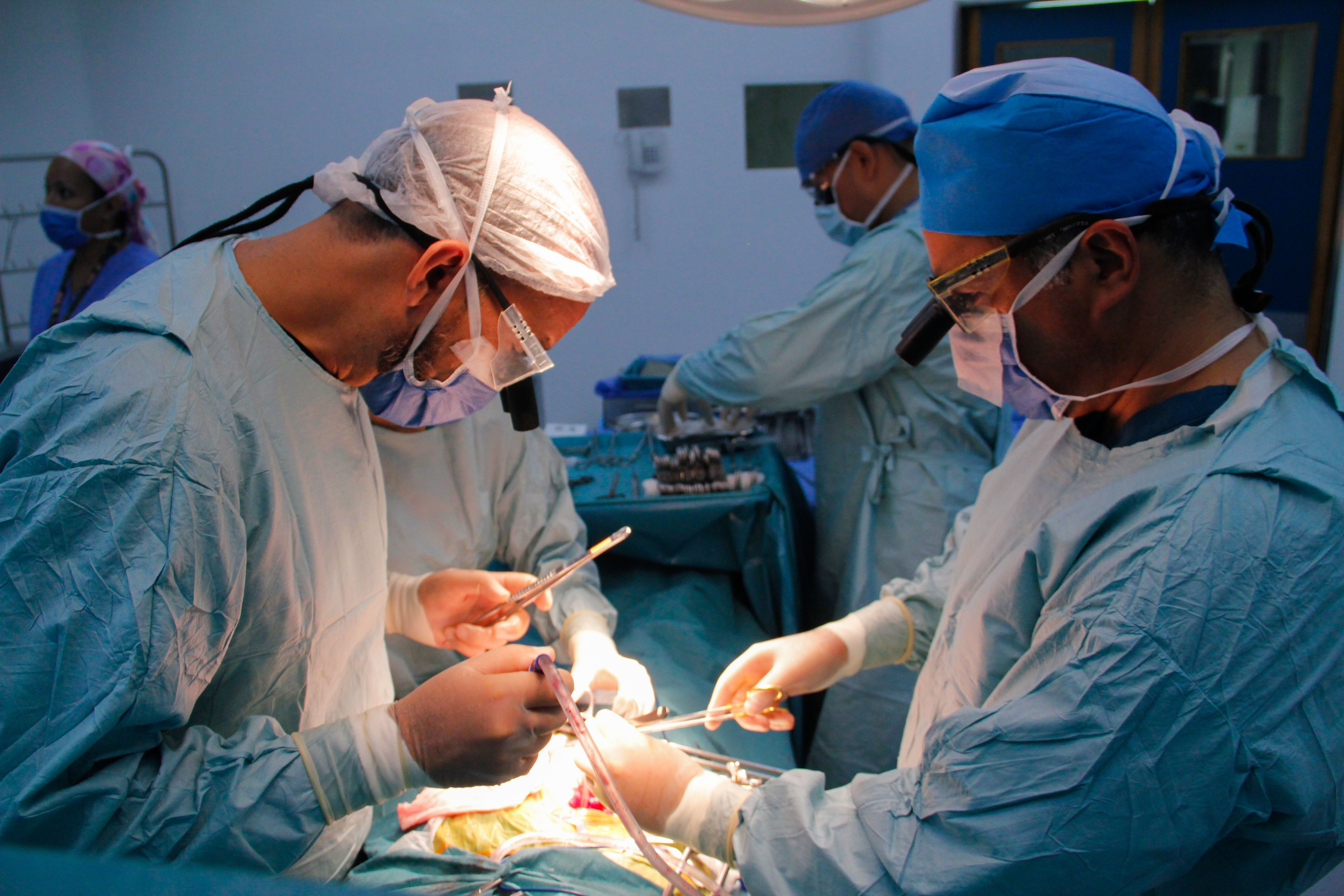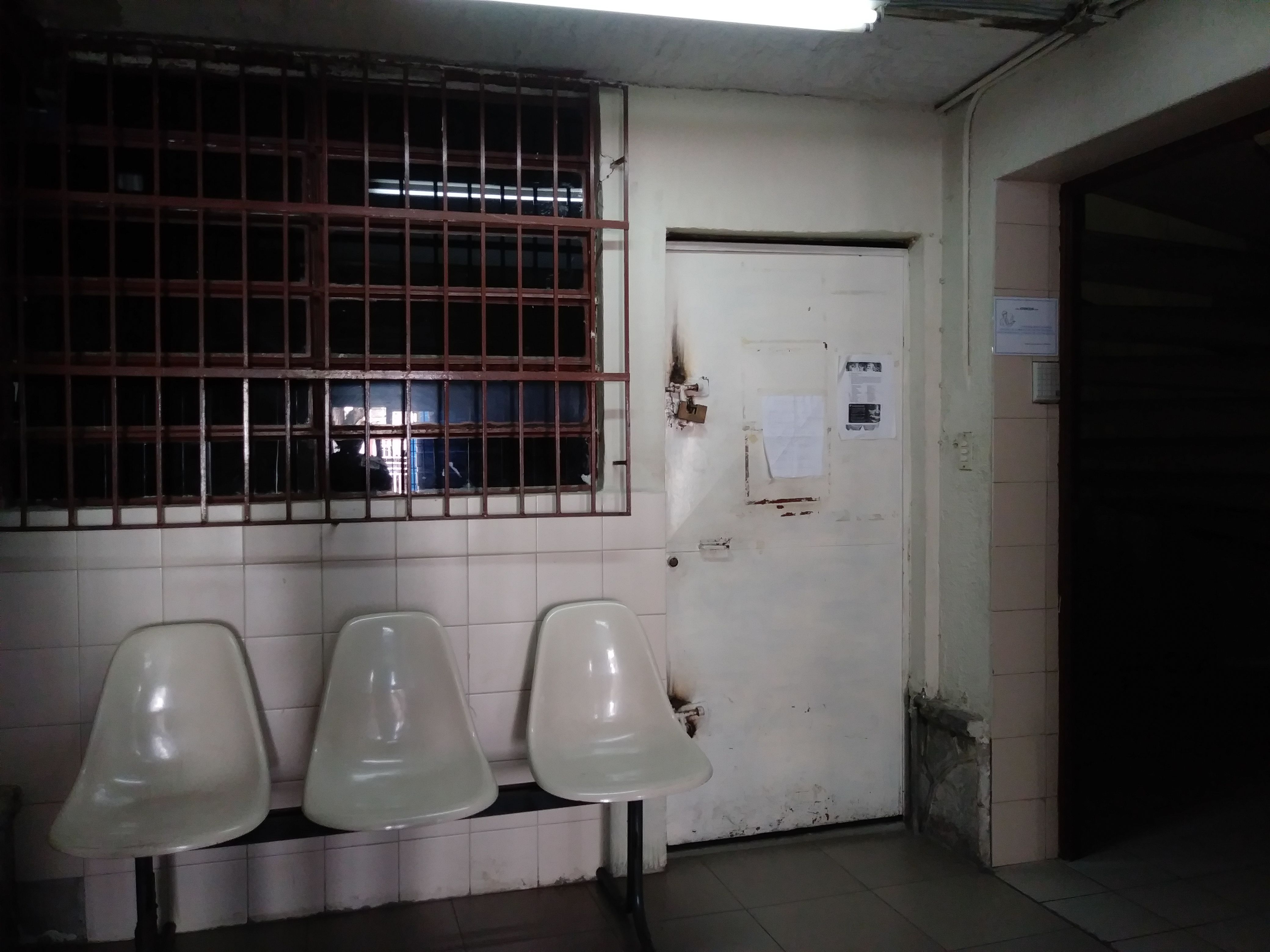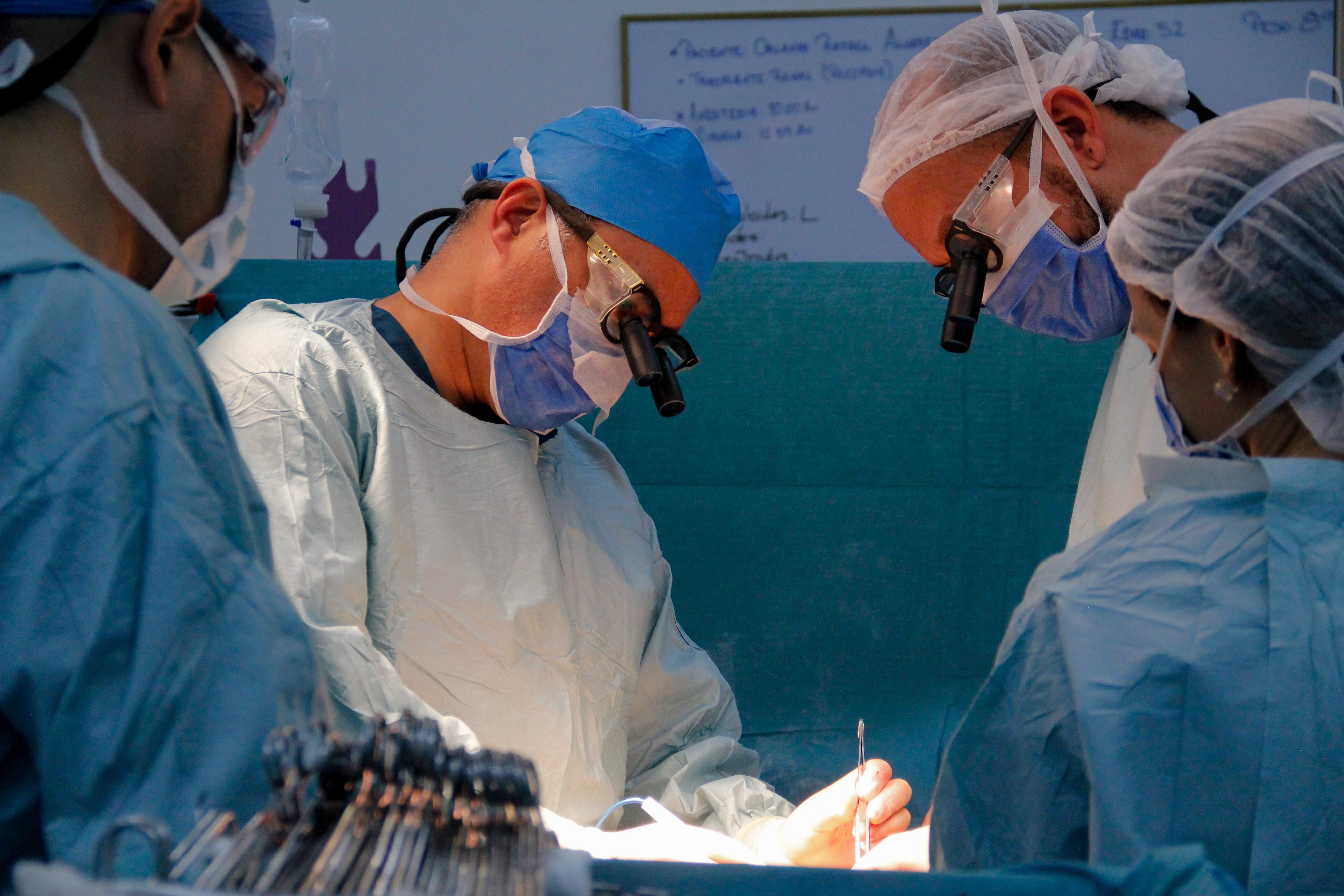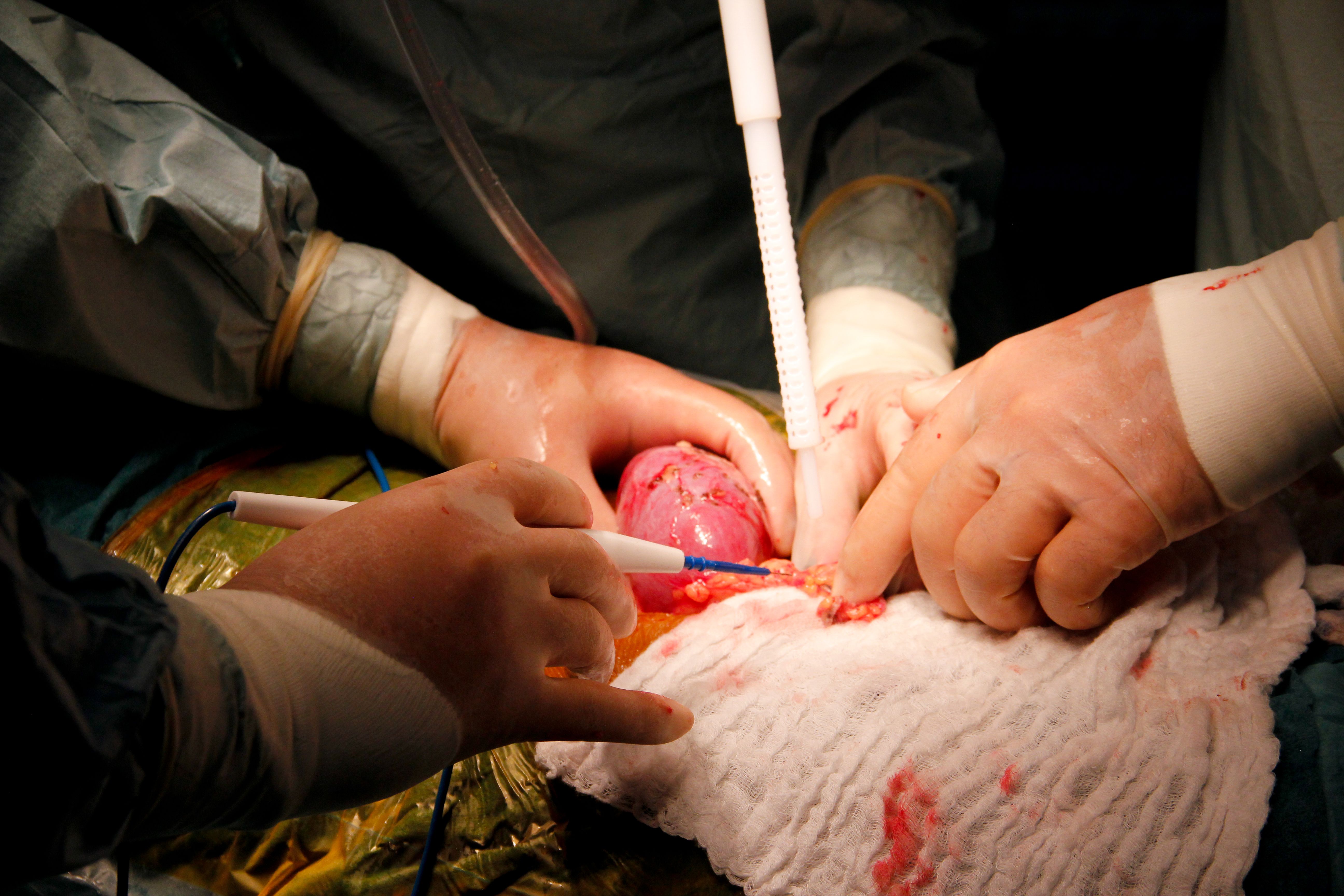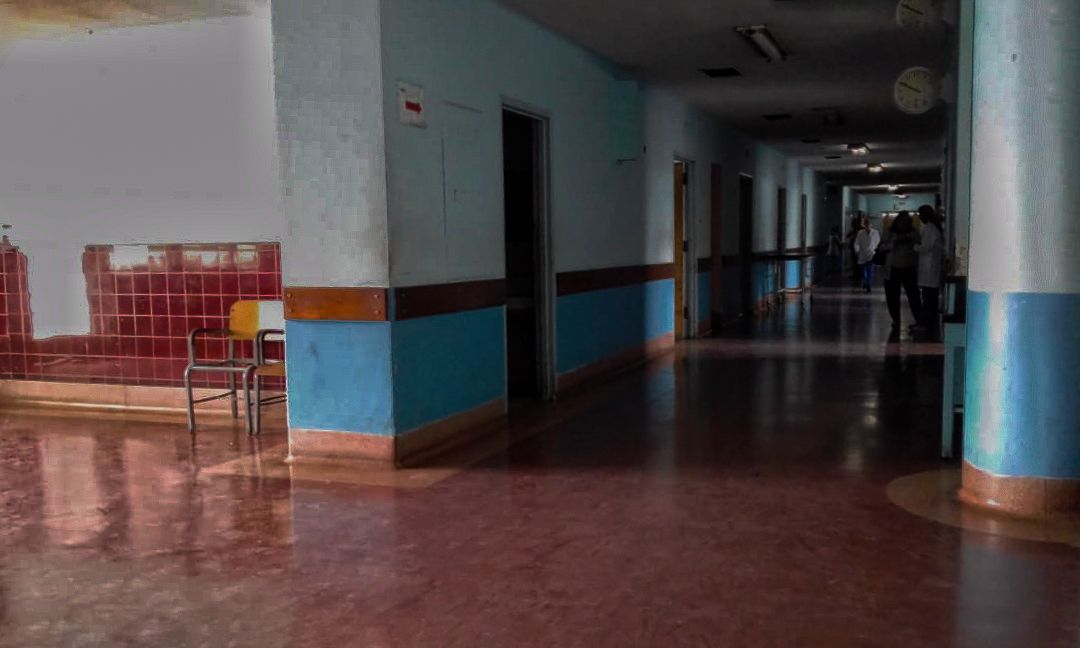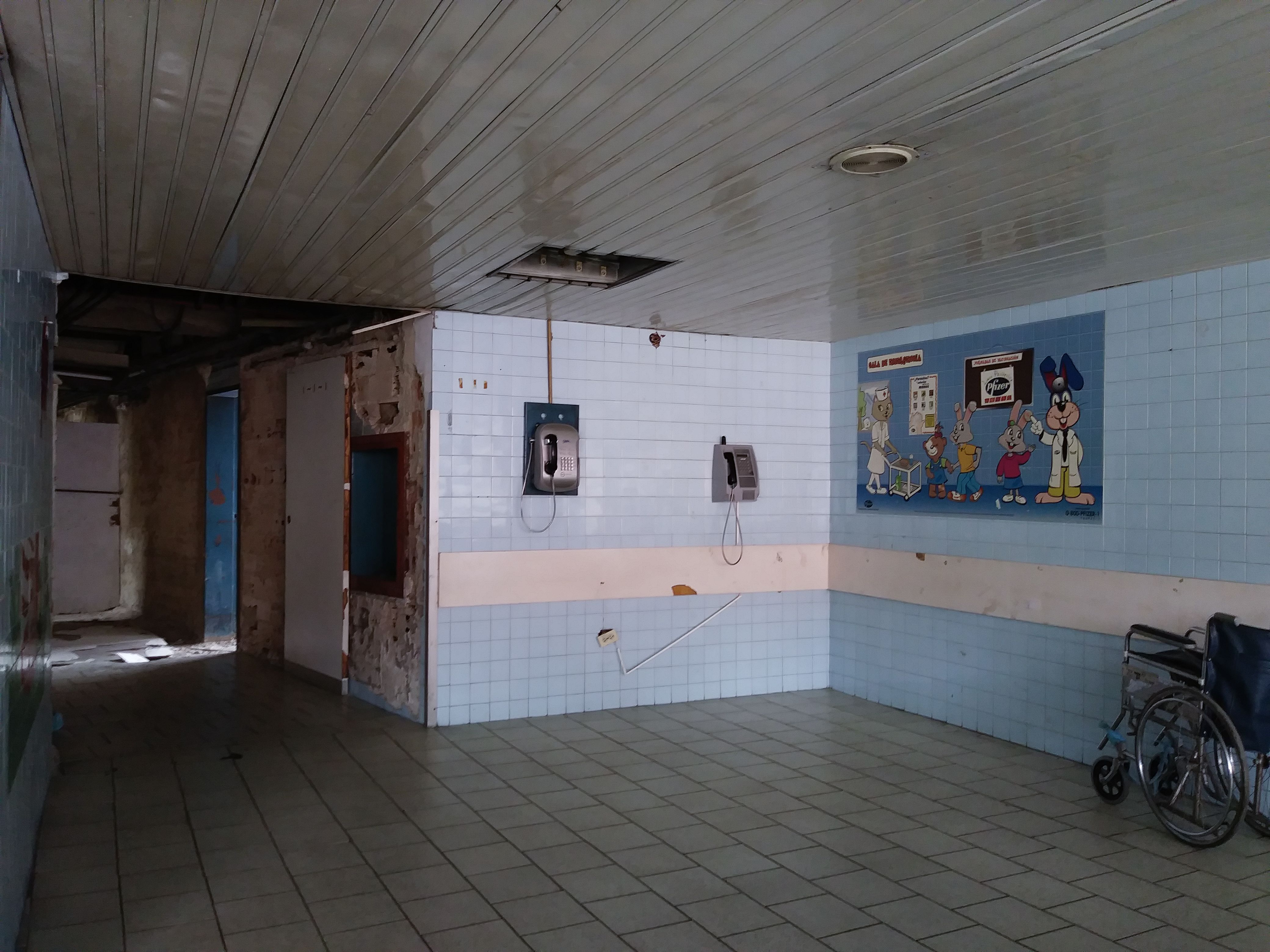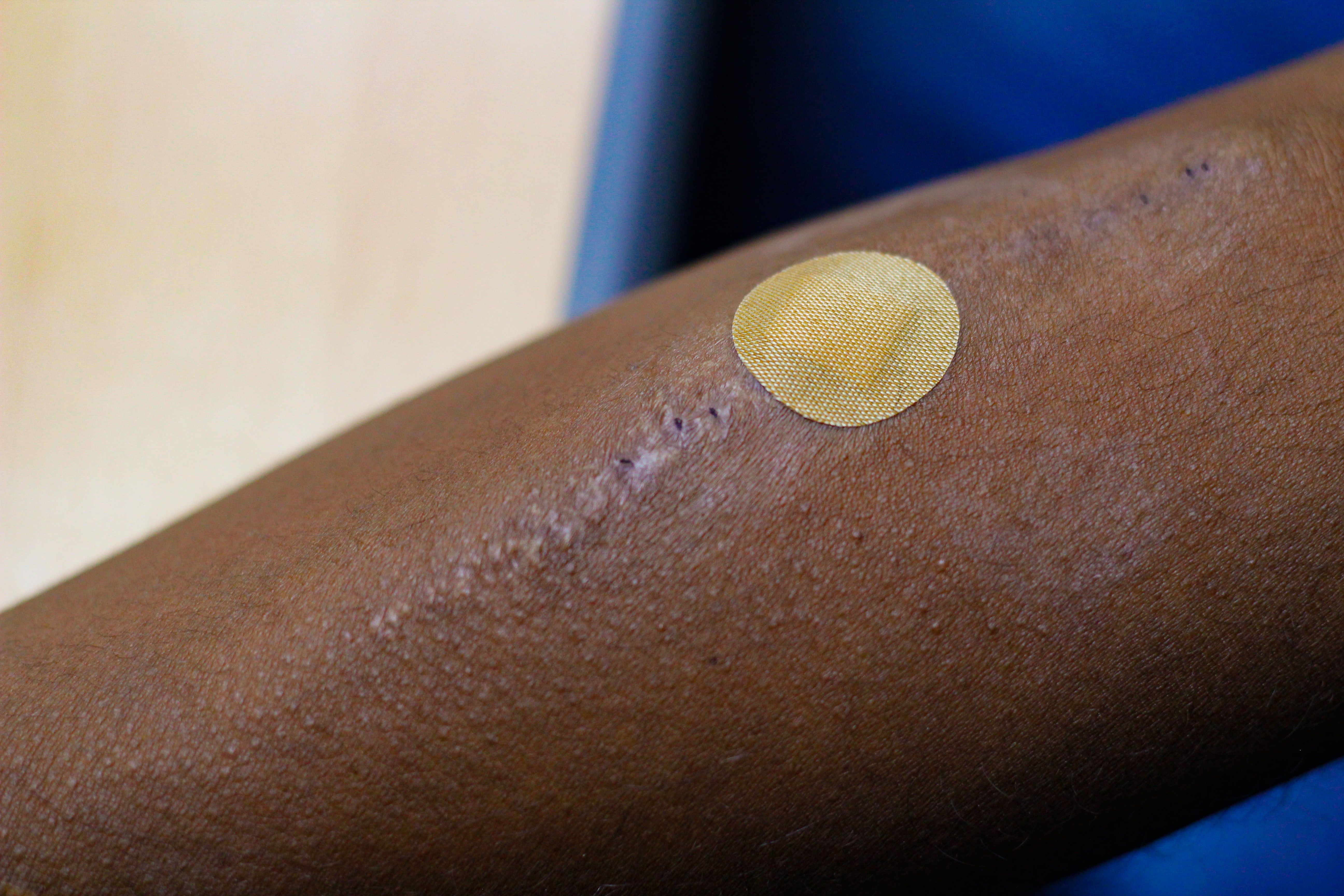Organ transplants in Venezuela have become a luxury that the majority of patients cannot afford.
Severe medicine shortages and crumbling public health infrastructure have led to the shutdown of transplant centers all across the country, limiting access to this treatment option that is now only offered at private hospitals for a high price. The government-managed organ procurement system that facilitated organ donations for transplant patients stopped working in 2017, stripping thousands of patients of their hope of ever getting to the operating room.
Those who do not receive transplants are sentenced to the dialysis unit where many endure poor conditions, lack of treatment, and malnutrition. They face chronic illness and even death under a system that has failed to protect their most fundamental right: the right to live.
